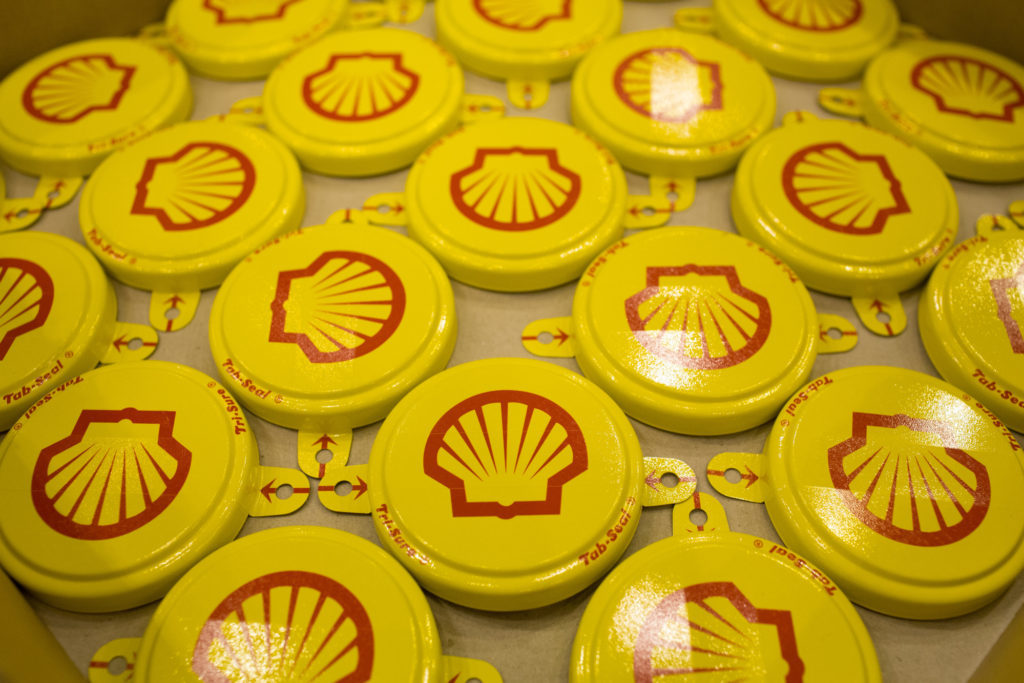
Royal Dutch Shell Plc is attempting to market some of its natural gas as clean energy, packaging it with credits for eco-friendly projects that offset pollution coming from the fuel.
The oil giant is offering business customers in Europe a combination of gas and certificates that show emissions are offset with financing for carbon-reduction projects. It’s testing markets in Germany, Italy, Spain and Britain to gauge demand for what credits to use, according to David Wells, head of Shell Energy Europe.
The move is the latest sign that oil companies are seeking to adapt to tighter environmental rules and the urge by policy makers worldwide to cut greenhouse gases. Natural gas is the cleanest of fossil fuels, though it still produces carbon dioxide blamed for heating the Earth’s atmosphere. By selling pollution offsets with the gas, Shell could “neutralize” the impact of that fuel on the climate.
“Most companies are fairly early in the sustainability journey, so there’s a huge amount of interest” from potential customers, Wells said in an interview. “The point of transaction may be a little bit further down the track.”
Other oil companies have taken steps to reduce the carbon footprint of their fuels.
BP Plc invests in emission-reduction projects worldwide to compensate for emissions in producing lubricants to acids. The program, called Target Neutral, has offset 3 million tons of carbon dioxide since 2006, about the same as taking 1.3 million cars off U.K. roads for a year.
Total SA’s Ecosolutions focuses on improving development, production and marketing of its products. The Paris-based company said in November it had cut 8 million tons of emissions under the program since 2009. The savings were 1.9 million tons last year, according to data on the company’s website.
Shell is offering its credits as oil companies face increasing shareholder pressure to tackle global warming and recognize the need to shift their business plans toward clean-energy targets in the 2015 Paris climate deal.
Oil and gas products can be offset by selling emission credits, though it’s unclear how to account for such transactions because nations have yet to agree on rules under the Paris deal. Shell’s emission-reduction credits will be verified by firms outside the company, Wells said.
Shell already “has access” to offsets from the Reducing Emissions from Deforestation and Forest Degradation program known as REDD+, according to spokeswoman Sally Donaldson.
“Deforestation schemes are the most obvious ones,” Wells said. “This is a voluntary offset, so it has to be something that resonates with the customer. That’s still a work in progress.”
